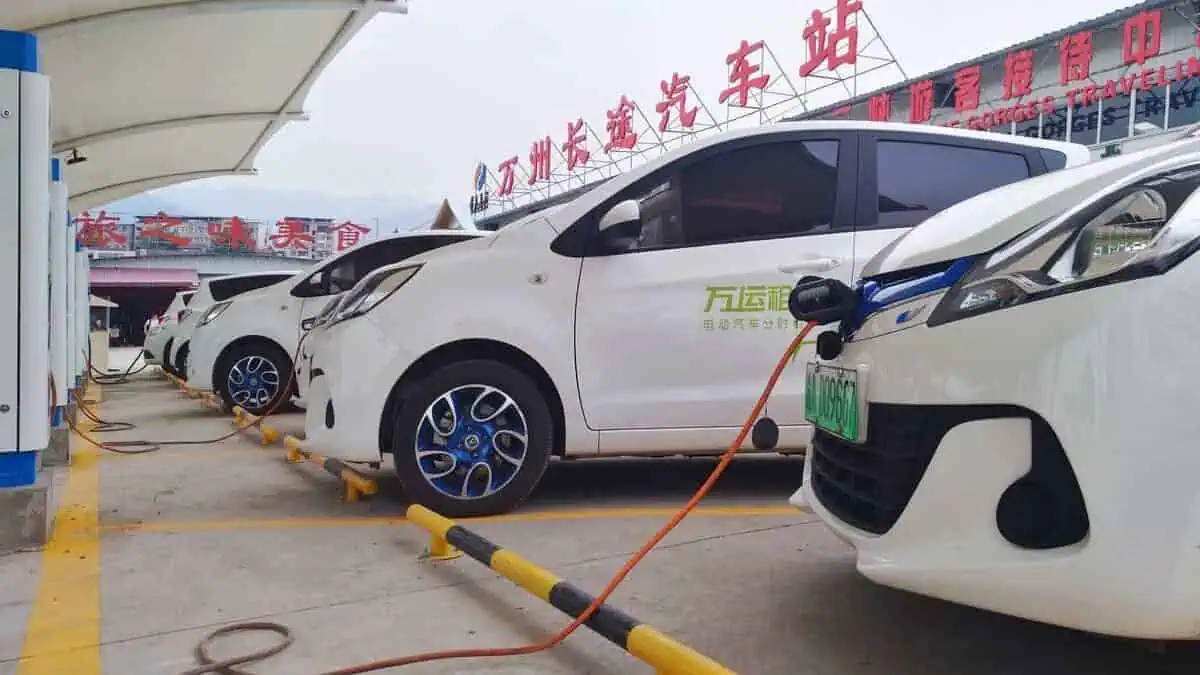According to Fitch Ratings, new-energy vehicle (NEV) sales will maintain their strong growth in China in 2023 as more motorists leave their petrol cars in favor of a growing range of electric choices.
Increase in passenger vehicle sales
Electric cars will amount to over 35% of sales of passenger vehicles in mainland China next year, up from an approximated 27% share this year and 15% in 2021, according to the credit rating agency.
“2023 will be a year when the new-energy vehicle industry will continue to flourish in China,” said the director of Asia-Pacific corporate research Yang Jing.
“With the entry of more new brands, next year will be a year of fierce competition.
“In the medium and long term, China’s auto market is accelerating its electrification progress. Consumers’ acceptance of new energy vehicles is increasing, and auto companies are constantly turning to produce new energy vehicles.”
Fitch predicted the growth of China’s overall passenger vehicle market might experience a slight dip in 2023 as petrol-powered car sales drop sharply.
Demand for traditional cars is probably to be subdued due to the Chinese government’s move this 2022 to cut taxes to rescue the industry from its Covid-19 collapse, which means demand was met in advance, as per South China Morning Post.
“In the medium and long term, China’s auto market is accelerating its electrification progress. Consumers’ acceptance of new energy vehicles is increasing, and auto companies are constantly turning to produce new energy vehicles.”
China’s vehicle sales
It is worth noting that China is the world’s largest electric vehicle market, with sales of battery-powered cars growing quickly in recent years.
According to the China Association of Automobile Manufacturers, China sold 26.3 million cars in 2021, a 3.8% up from the previous year. Among them, 3.5 million units (13.4%) were EVs, nearly double the sales a year earlier.
China’s top automakers
China’s top 10 carmakers, including BYD, Great Wall Motor, Geely, FAW, and SAIC, all invested in NEVs. The world’s largest electric car maker, BYD, announced it stopped combustion engine vehicle (ICE) production and would only make electric and plug-in hybrid vehicles (PHEVs).
“The price competition among NEV makers could also intensify, driven by Tesla’s high-profile price cuts this year, and the end of NEV subsidies,” said Yang.
However, a chip shortage combined with increasing battery costs could remain a challenge for NEV manufacturers, according to Fitch.
It said that the limited space for profitability improvement could lead more automakers to switch to PHEVs and cause some brands to set out into foreign markets or the premium sector.






